
Mobile devices have become a major part of our lives. This course will introduce students to mobile application development. Student will learn about the general principle and skills for developing apps for mobile devices, such as smartphone, tablet computers. We will use the Android operating system as the basis for this course. Students will learn how to use Android application developing tools, such as JDK, SDK, Eclipse, ADT, emulator, and Android Studio. Students will learn principle of Java programming language and software development. Students will also become familiar with the use of Microsoft Office software to write proposal and report and to deliver presentations. Students will perform their own programming project, and in so doing. The class will be oriented around intensive hands-on activities.

This course will introduce students to advanced mobile application development. Student will learn about the principles and skills for developing apps for mobile devices, such as smartphone, tablet computers. We will use the Android operating system as the basis for this course. Students will learn Android Studio, software development, some advanced topics in mobile app development such as database, multimedia, graphics, and sensors. Students will also become familiar with the use of Microsoft Office software to write proposal and report and to deliver presentations. Students will perform their own programming project, and in so doing. The class will be oriented around intensive hands-on activities.
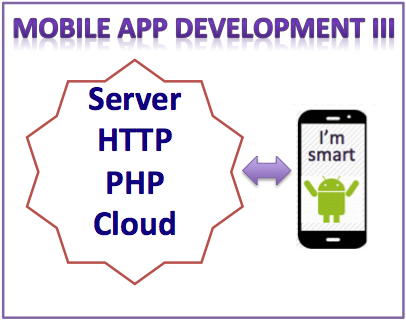
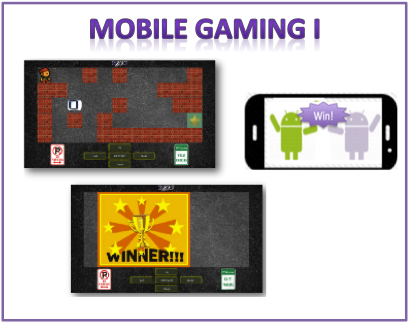
This course will introduce students to mobile game development including fundamental knowledge and skills in game design. A practical introduction to game design and implementation will be presented including history of mobile games, game elements, human-computer interaction, interface design, collision detection, testing and publishing, and game-related math and physics. The class will be oriented around intensive hands-on activities.

This course will introduce students to advanced topics for mobile game development. Students will learn how to use Android application developing tools, such as JDK, SDK, Android Studio, and emulator. Students will learn 1) game control, 2) collision detection, 3) math for game design, 4) physics for game design, 5) data structure and algorithms for game design, and 6) game engine. Students will also become familiar with the use of Microsoft Office software to write proposal and report and to deliver presentations. Students will perform both individual and team programming project, and in so doing. The class will be oriented around intensive hands-on activities.
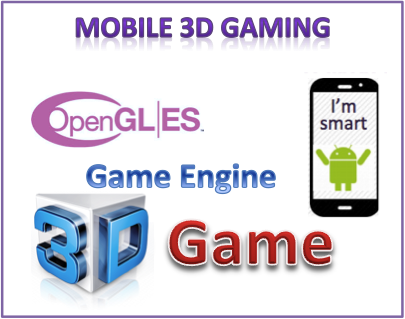

This course will introduce students to iOS application development. Student will learn about the general principle and skills for developing apps for iOS devices, such as iPhone and iPad. Students will learn how to use iOS platform, Xcode, and iOS SDK. Students will learn principle of Objective-C programming language and software development. Topics include: 1) objective-C language, 2) foundation Framework, 3) Object-Oriented programming, 4) creating user interface, 5) table views, 6) application with images, and 7) application with sounds. Students will also become familiar with the use of Microsoft Office software to write proposal and report and to deliver presentations. Students will perform their own programming project, and in so doing. The class will be oriented around intensive hands-on activities.
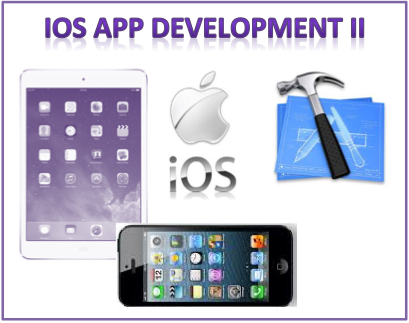

This course will introduce students to Android wearable application development. Student will learn knowledge of the Android wearables, such as smartwatch, Android TV, and Google Glass. Students will learn how to use Android Studio to develop application for Android Wear and Anroid TV. Topics include: 1) Android wearables, 2) creating notifications, 3) sending and syncing data, and 4) design interface for Android TV. Students will also become familiar with the use of Microsoft Office software to write proposal and report and to deliver presentations. Students will perform their own programming project, and in so doing. The class will be oriented around intensive hands-on activities (smartwatches are provided).
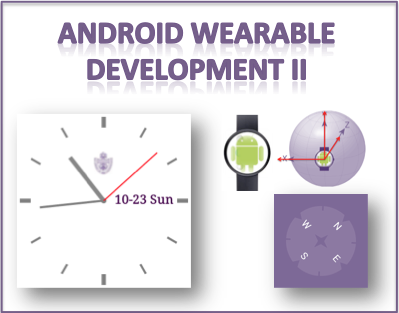
This course will introduce students to Android wearable application development. Student will learn knowledge of the Android wearables, such as smartwatch. Students will learn how to use Android Studio to develop application for Android Wear (smartwatch). Topics include: 1) watch face design, 2) location detection, and 3) sensor application. Students will also become familiar with the use of Microsoft Office software to write proposal and report and to deliver presentations. Students will perform their own programming project, and in so doing. The class will be oriented around intensive hands-on activities (Smartwatches are provided).

Smart technologies (smartphones, smartwatches, and smartthings) are becoming more and more popular and playing important roles in our daily life. This course provides fundamental knowledge and skills in SmartThings SmartApp development. A practical introduction to Internet of Things, SmartThings technology, SmartThings SmartApp development tools, SmartThings SmartApp development, debug, and Smart Home development will be presented in this course. This course will teach our students both knowledge and skills of emerging technologies (Smart Devices are provided).
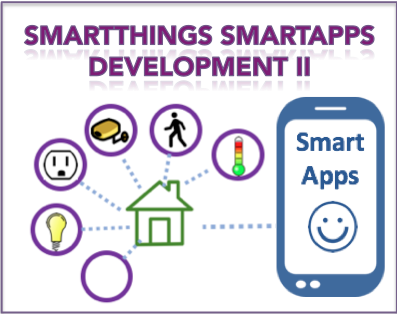
This course provides advanced knowledge and skills in SmartThings SmartApp development. A practical introduction to Internet of Things (IoT), SmartThings technology,SmartThings SmartApp development, Smart Home development, and IoT project development will be presented in this course. Our students will learn advanced knowledge and skills of SmartThings SmartApp development (Smart Devices are provided).
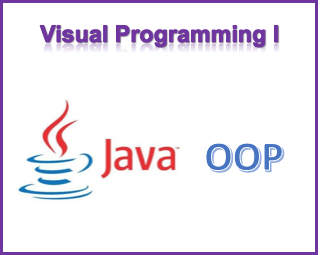
This course provides an intensive introduction to structured and object-oriented programming in a modern programming language. Algorithm development is introduced. Designing, coding, debugging, and documenting programs are emphasized. Problems examined include numerical and non-numeric applications.
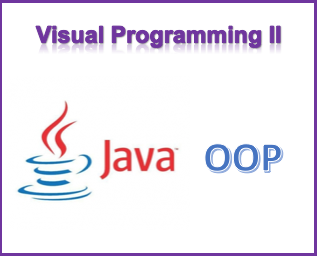

This course is an introduction to the fundamentals of computer programming in Python and data analysis with Python. Topics include computer programming concepts, Python fundamentals, control structures, functions and modules, strings, lists, dictionaries, file input and output, data analysis and data visualization. Problems examined include real-life applications
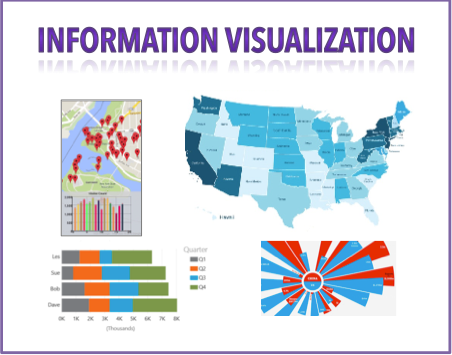

Topics include:
- Mobile Visual Analytics (S16)
- Responsive Web Design (F17)
- Mobile Security (S16)
- Mobile App Development (F20)
- Cryptography (F16, F17, F20)
- Machine Learning with Python (F18)
- Advanced Python and Data Analysis (F20)
- Geographic Information Systems (GIS)
- Embedded System (Arduino)
- Internet of Things (IoT) (S19, F19)
- Computer Graphics
- Image Processing


